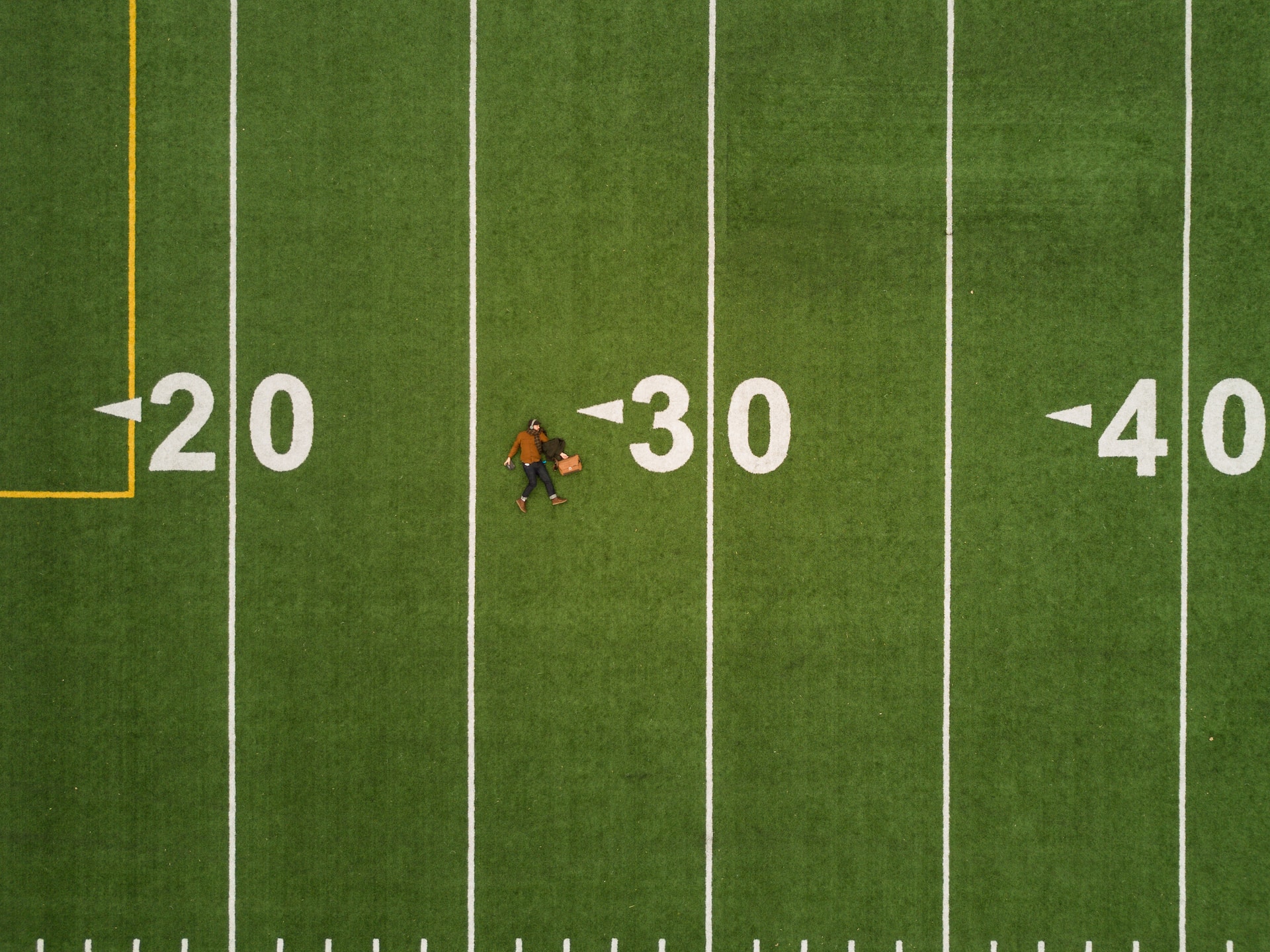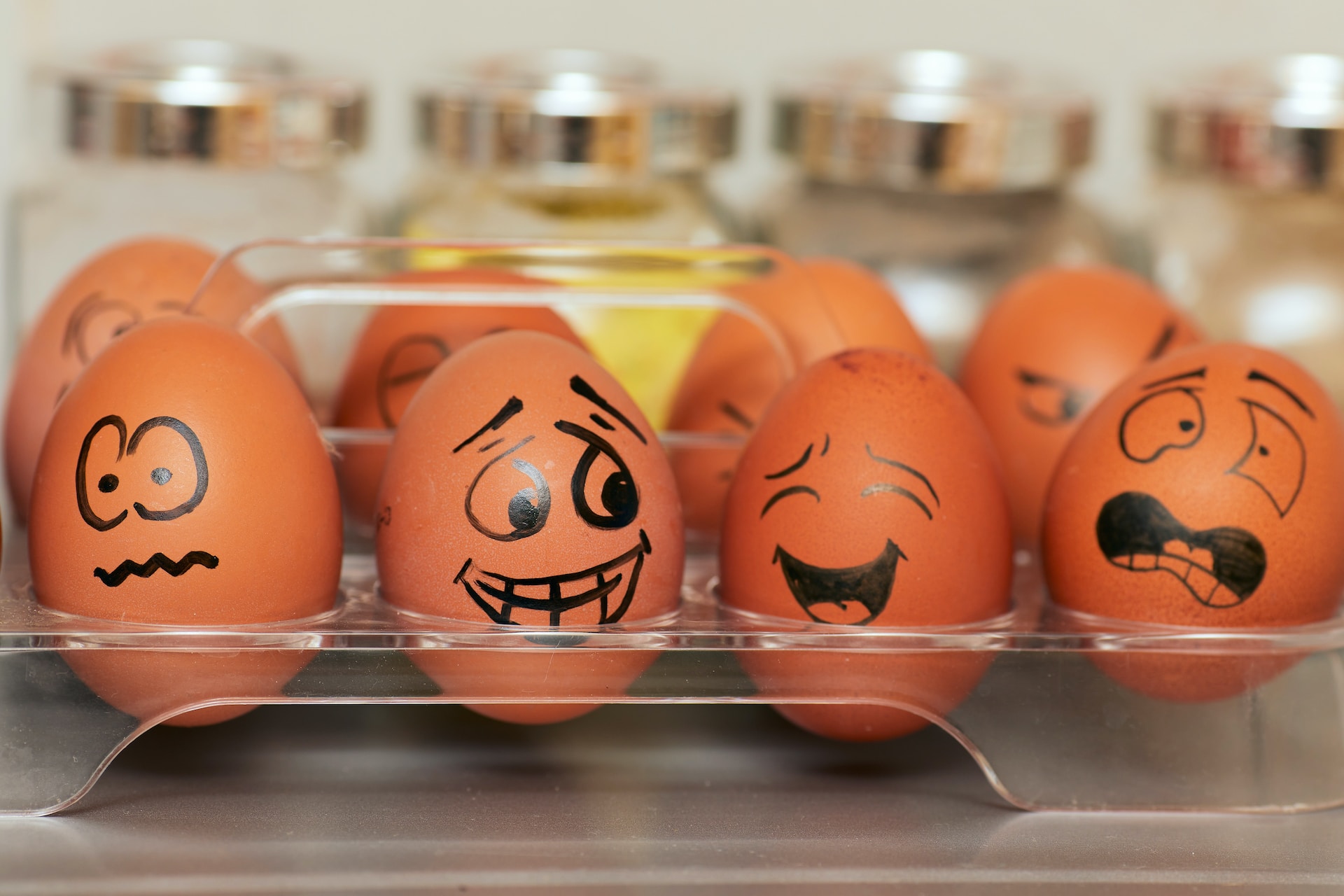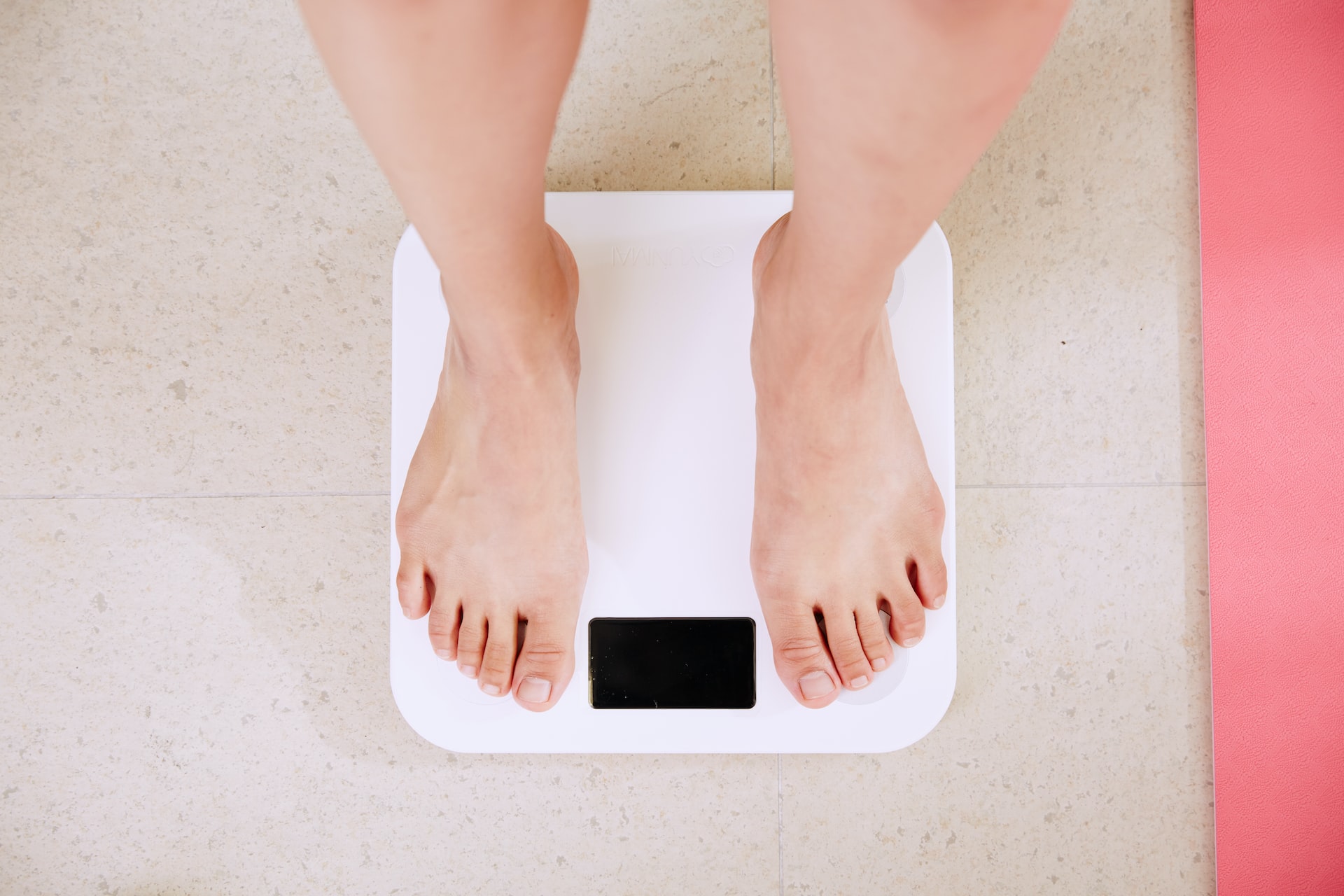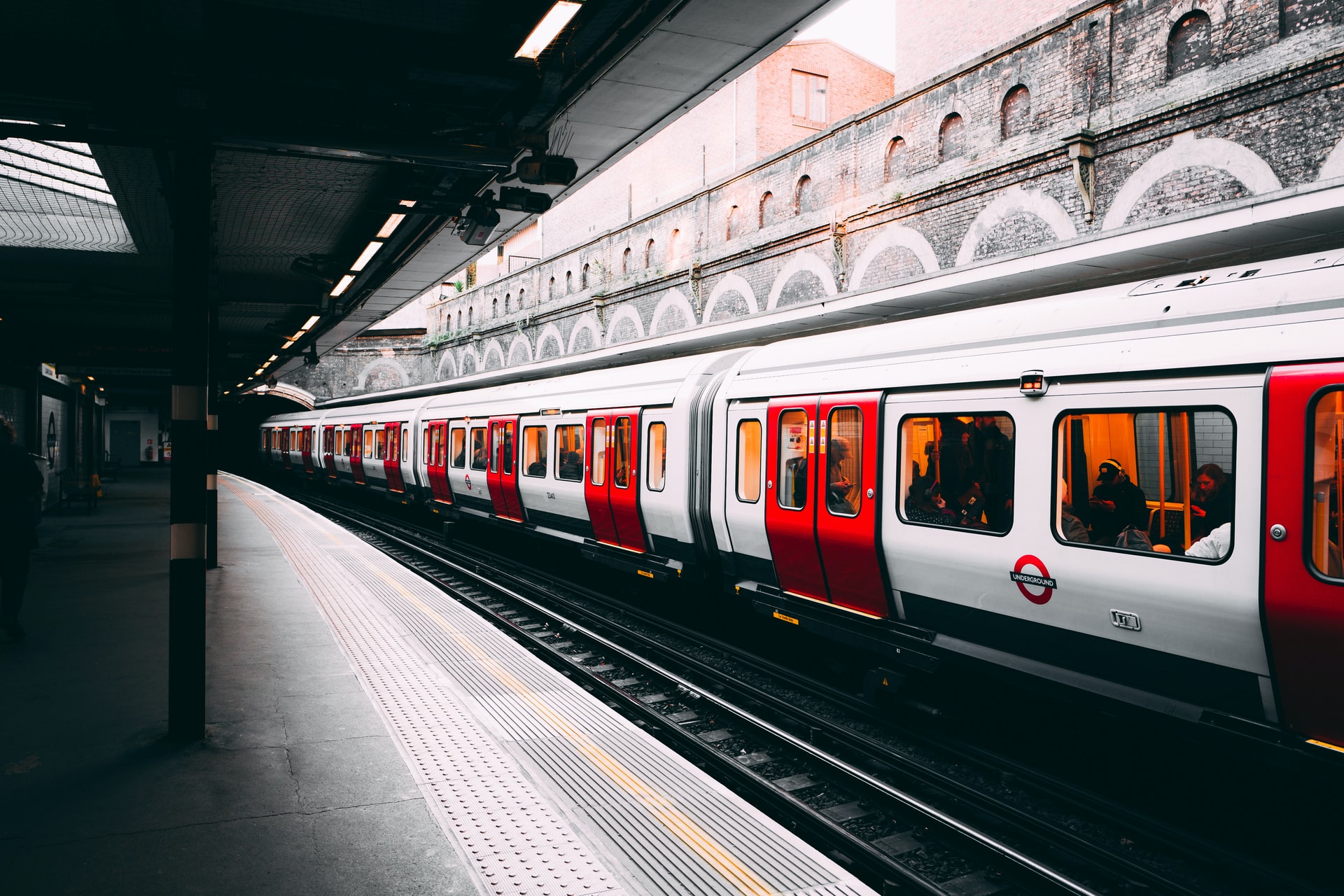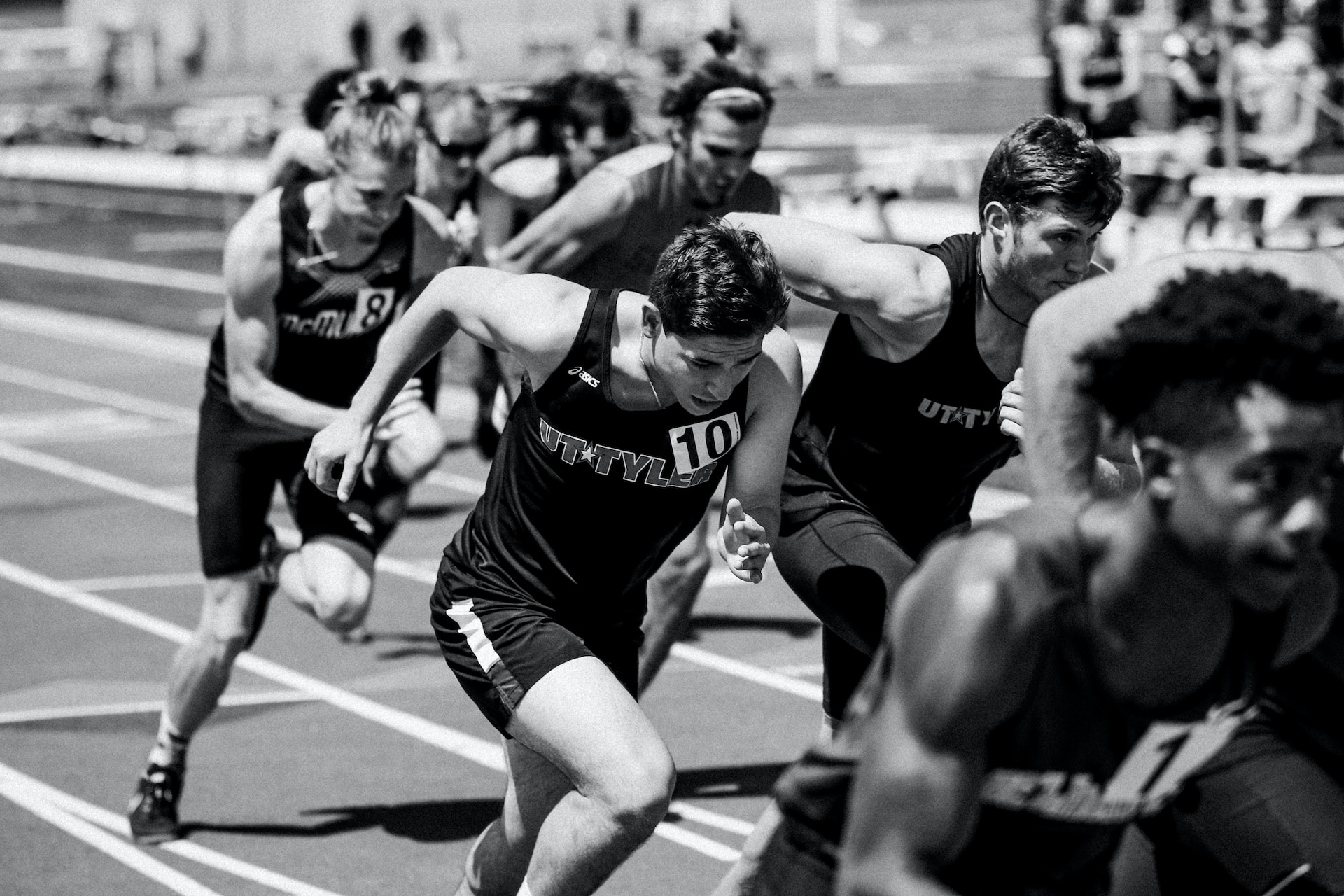How to Use ‘Cheers’ in the UK
245728
Many people confuse 'cheer' and 'cheers'. This is not surprising as they can have very different meanings, and uses. Which one do we use at the dinner table, and which one do we use at a marathon? Want to know more? Check out the video, questions, example sentences and definitions - you'll be clued up in no time!
Want more practise on this topic? Want to check your understanding? Sign up for bonus content and get a worksheet and the answer key!
-
cheers (noun)
→ (British English, informal) Thank you
A: ‘Have another biscuit.’ B: ‘Cheers.’
Cheers for picking me up, it would have been such a long walk.
-
cheers (to something/someone) (noun)
→ A word that people say to each other as they lift up their glasses to drink
Cheers to the start of the new year. May we be healthy and happy!
Cheers to having finished our exams. We’re finally free!
-
cheers (noun)
→ Definition: (British English, informal) Goodbye
Cheers then. See you later.
Cheers! See you tomorrow night.
-
cheerio (noun)
→ (British English, informal, old-fashioned) Goodbye
Cheerio! I'll see you later.
Cheerio then. See you on Wednesday.
-
cheer someone on (noun)
→ To give shouts in order to encourage somebody in a race, competition, etc.
The spectators cheered the runners on.
A thousand supporters packed into the stadium to cheer them on.
-
cheer someone up (noun)
→ To make somebody/something more cheerful
Give Mary a call; she needs cheering up.
I cheered her up with memories of our holidays together.
-
When’s the last time you made a toast?
-
What’s the word for ‘cheers’ (for making toasts) in your language? Can it also be used to mean ‘goodbye’ and ‘thank you’ as it is in English?
-
Have you ever cheered anyone on at a race, competition, etc.?

